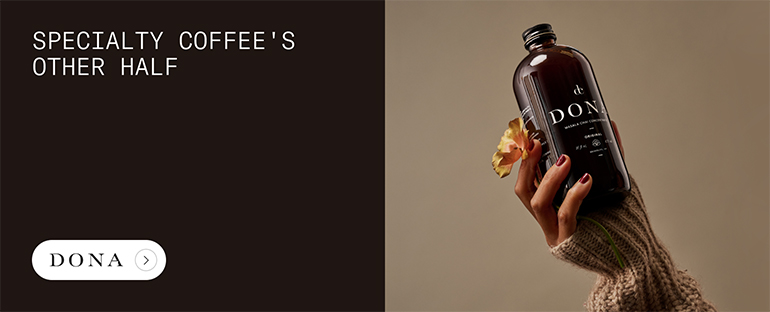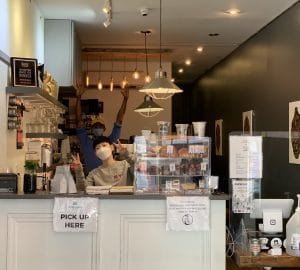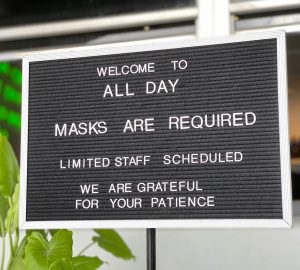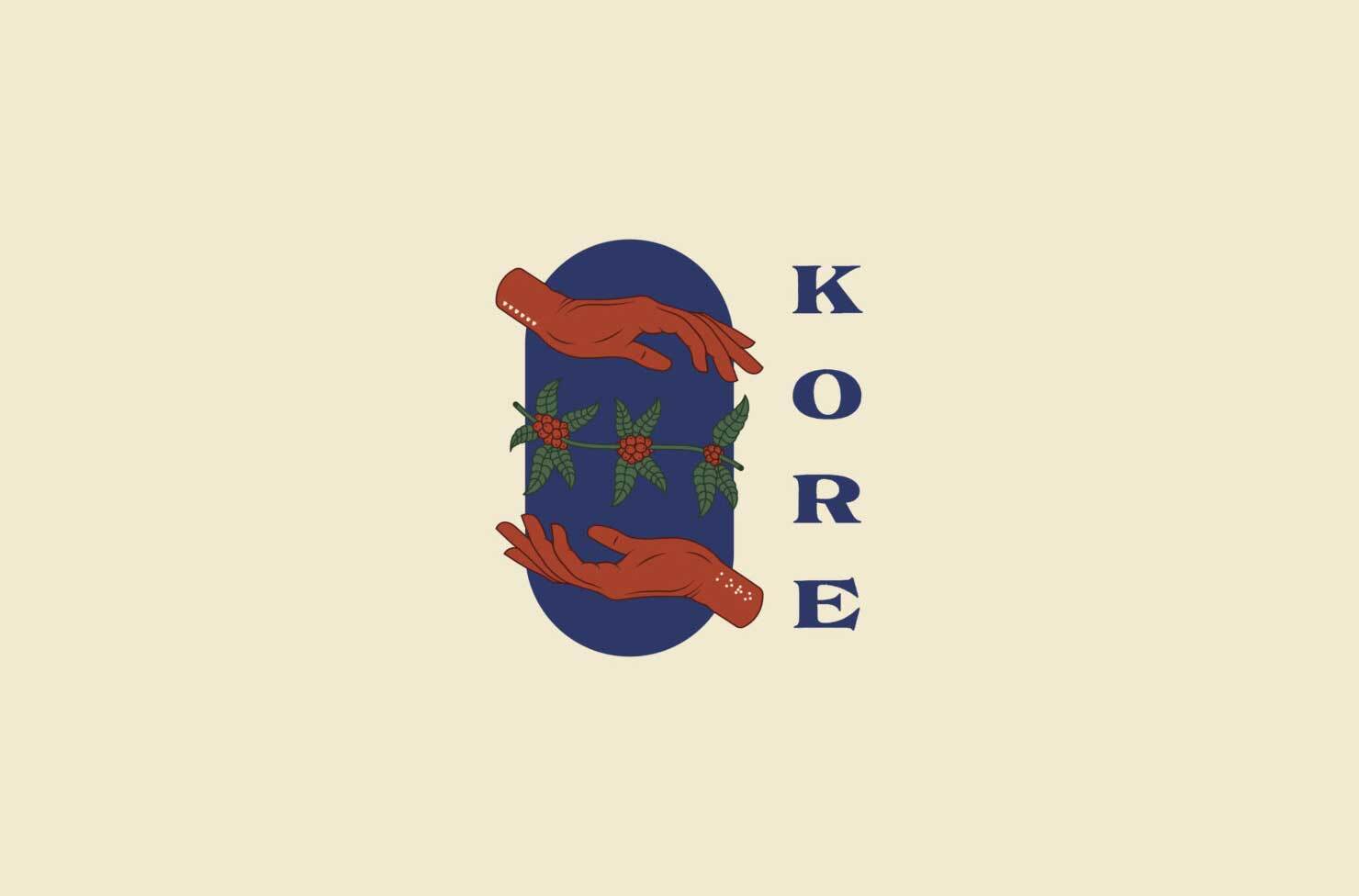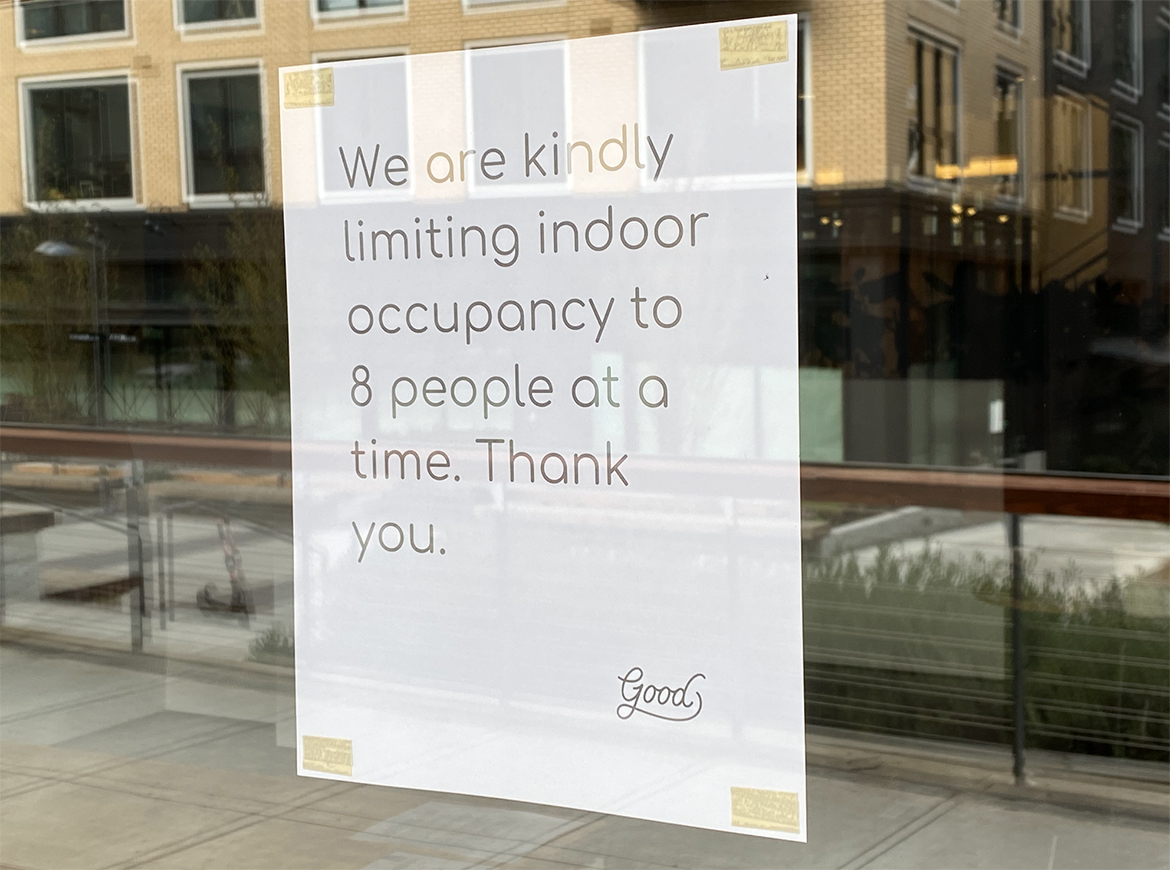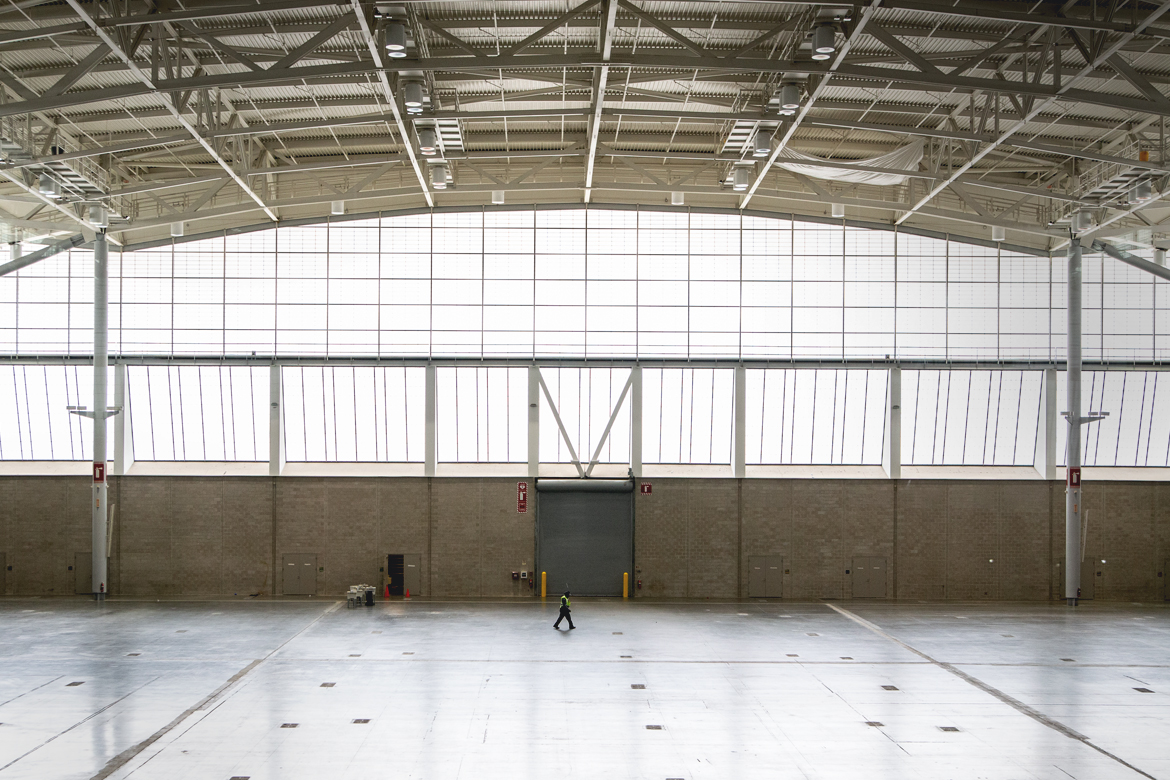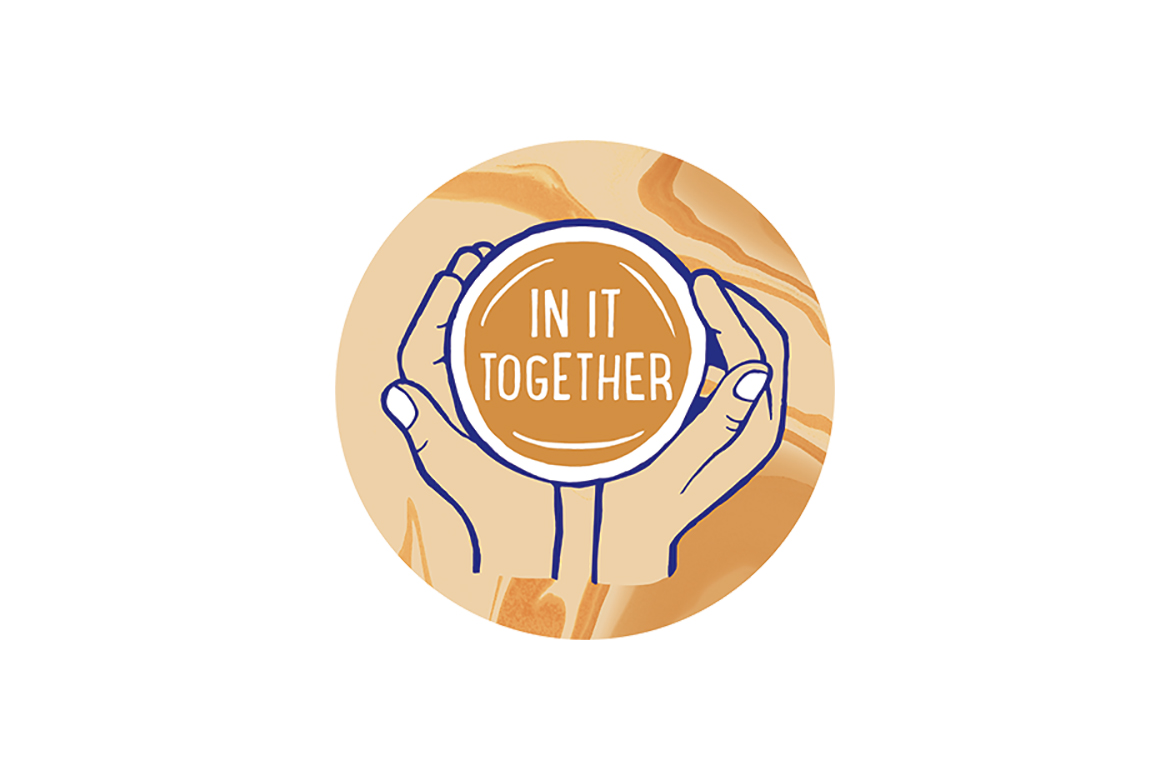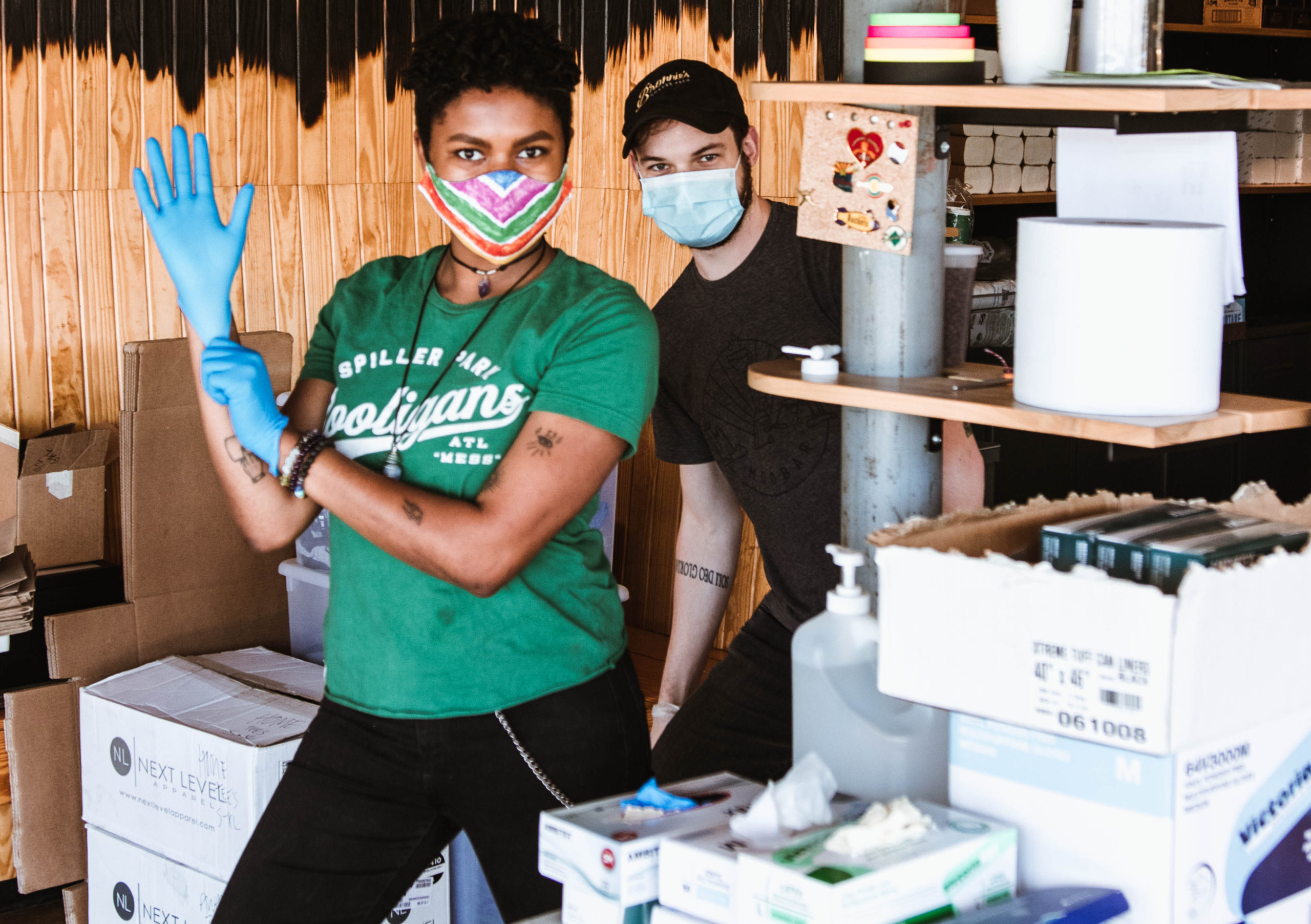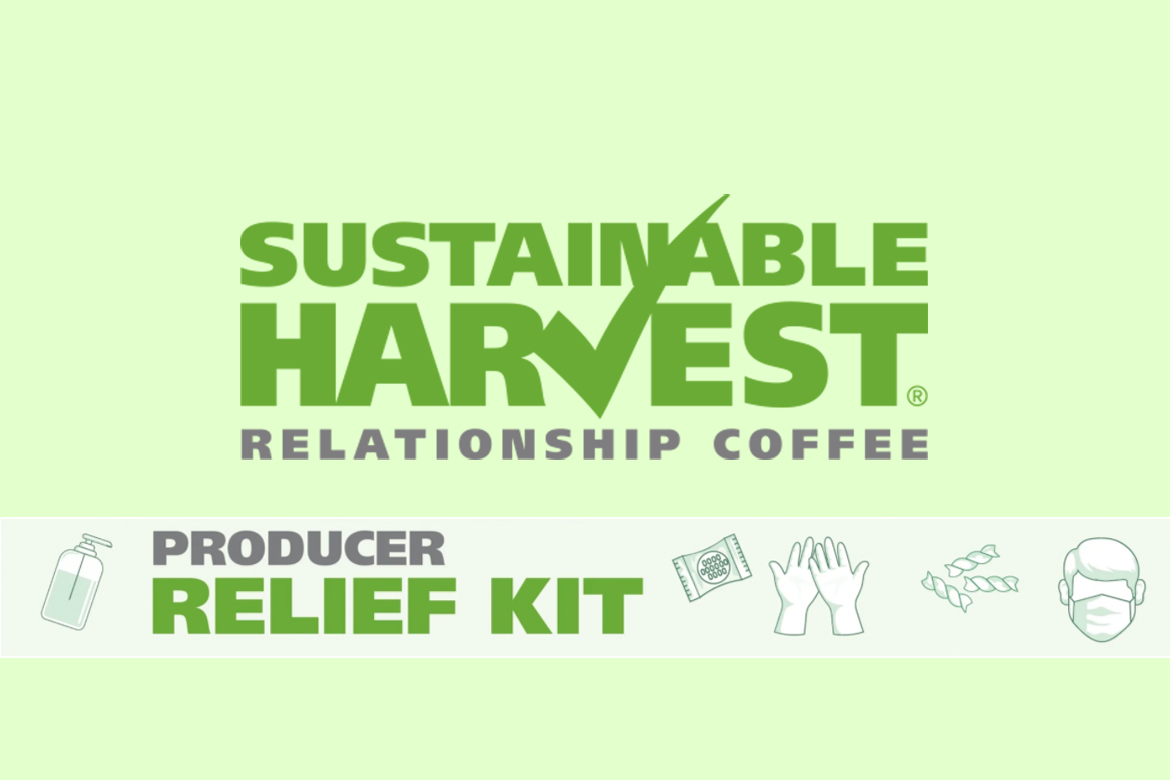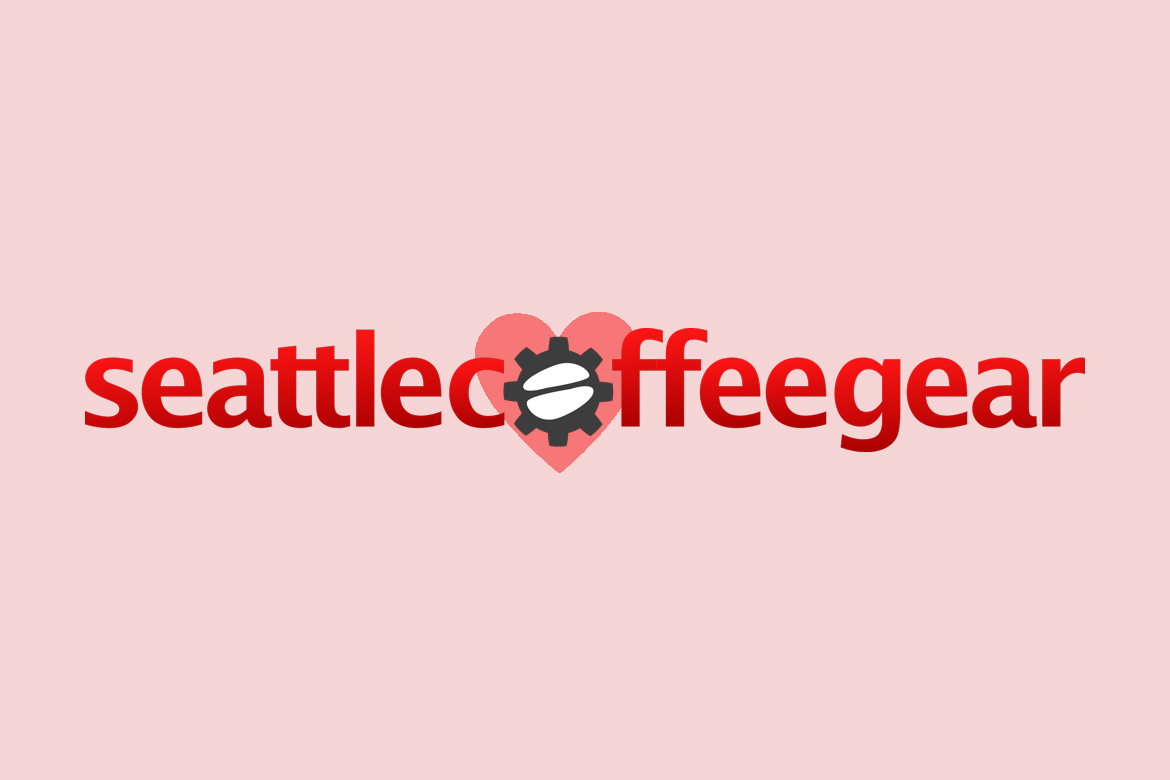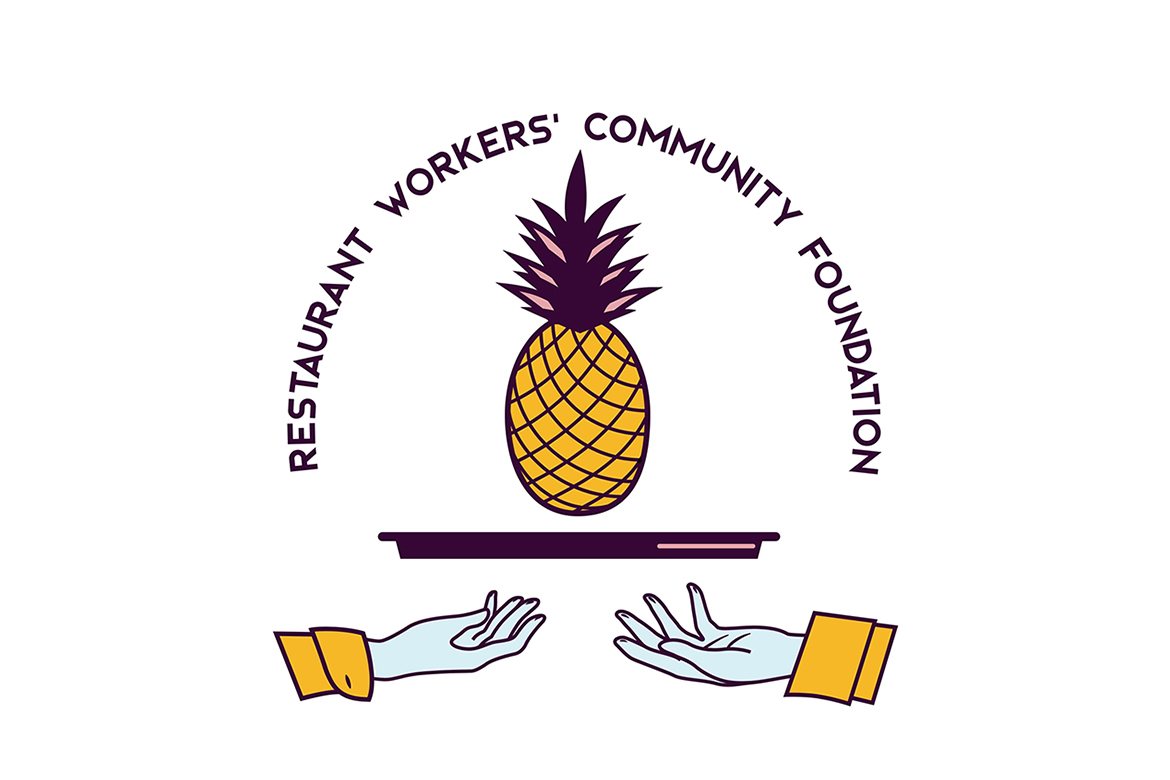
In these turbulent, uncertain, and downright scary times, community non-profits have a special role to play. Thankfully we’re seeing an uptick in leadership from many leading non-profits engaged in the hospitality sector, providing much-needed support and resources to communities in crisis. One of the most important of these is the Restaurant Workers Community Foundation, an accredited and vetted non-profit based in New York City, with resources available nationwide.
First, a note on nomenclature: “restaurant workers” as defined by the RWCF is a broad term, referring more generally to workers and business owners in the hospitality sector. So yes, baristas and coffee business owners are very much part of this community, and are represented on the RWCF’s board by Sam Penix, a career coffee professional and small business co-owner at Everyman Espresso in New York City, and Amanda Whitt, a past Brewers Cup competitor and Sprudge collaborator now working in the spirits industry.
Other board members include Amanda Cohen of Dirt Candy; Jayanthi K. Daniel, executive officer to the Chief of Staff in the office of Los Angeles Mayor Eric Garcetti; ex-PDT and Momofuku bartender and noted beverage journalist John deBary; Michael Hamill Remaley, an experienced organizer of philanthropic and non-profit organizations in New York City including Bridgespan, the New York Community Trust, and Philanthropy New York; and many more. See here for the complete board. RWCF Board Members are volunteers and take no salary for their participation.
In partnership with Southern Smoke Foundation, the charitable 501c3 created by James Beard Award winning Houston chef Chris Shepherd, the RWCF is working to deliver funds to impacted workers and business owners around the country, including direct crisis relief for individual workers and zero-interest loans for hospitality business owners in need. A complete FAQ is available here for those interested in applying; the formal application process is managed by Southern Smoke and can be accessed here.
To learn more I spoke with Sam Penix from his home in Manhattan’s East Village.
Donate here to the RWCF Relief Fund.
Click here for more information on applying for the RWCF Relief Fund in collaboration with Southern Smoke.
Follow RWCF on Instagram, Facebook and Twitter.
This interview has been lightly edited and condensed for clarity.
Hey Sam—thanks for talking with us more about your work at RWCF. For folks just hearing of the non-profit now, tell us more about what you do.
Sam Penix: Sure! The Restaurant Workers Community Foundation is a non-profit whose aim is to improve the quality of life for all restaurant workers. We’re a national organization, but a lot of our board members are based in New York City because that’s where our founders live. We also have folks who have volunteered to be on the board from other parts of the nation, including Seattle and Los Angeles. We have a fairly diverse board, with people who actually work in restaurants ranging from behind the counter workers at coffee shops and bars to people who are in local government or non-profit work or communications, things like that, as well as business owners and chefs. I met co-founder John deBary at a coffee cocktail competition like seven years ago. We stayed friends.
How did the organization start?
Afetr the 2016 election, many of us in the New York City hospitality industry were wondering what to do next. John deBary’s husband, Michael Hamill Remaley, was working for Philanthropy New York at that time; he knows everything there is to know about running a non-profit efficiently, legally and structurally, because that’s what he’d done professionally for the last 15 years. They started putting the organization together and we’ve spent the years since getting everything up and running. That means we were ready to hit the ground once all this went down with Coronavirus.
Talk to me in your words about RWCF’s response effort now.
We have a crisis relief fund, which people can donate to on our website, and that money is specifically earmarked to support workers and owners impacted by COVID-19. The details of how these funds are distributed is outlined in a statement on the website, but I can tell you that 50% is going to individual grants—meaning, restaurant workers or food workers in crisis, with issues like medical needs prioritized. Say you are an HIV positive restaurant worker and you just got fired. You’re immunocompromised with nothing in your bank account. You go through an application process and upon approval you would get money.
How are folks vetted?
We’re working with a partner in Houston called Southern Smoke, who will be processing our applications. 50% of the money raised goes to that. Another 25% of that is going to non-profits doing work directly related to helping people; things like food banks and community funds, which are so important right now with the impact of COVID. And then another 25% will be provided for zero interest loans for employers to re-open.
I think it’s so important to note that none of our board members take a salary. Your donations are passed through us efficiently to an organized effort to help people. Unless specified by the donor, 100% of the COVID-19 Emergency Fund is going to help people in the industry affected by this crisis.
Sprudge is a coffee website—can you clarify for me how RWCF thinks about coffee workers as part of the wider hospitality community?
Yeah, absolutely. You know, it’s so interesting—at RWCF we make no distinction between a barista and a restaurant server. I know that for people who work in the coffee industry, we don’t necessarily think of ourselves as “restaurant workers.” As a coffee person myself, it’s true that when people keep saying “restaurant workers” my mind is like—hey, I don’t run a restaurant! In my own mind I certainly make the distinction between a full service food business and a cafe, but here’s the real truth: most people outside of the coffee industry don’t use our terms the same way. What matters most is getting the help and relief to everyone. One of our big goals at RWCF is to be mainstream.
In a way, by understanding coffee work as part of “restaurant work,” I feel more connected to the other parts of the hospitality industry at large, if that makes sense. As a coffee person sometimes we silo ourselves around other coffee people, but at a time like this we’re all in a similar position. All food service and restaurant workers are united by this massive problem; it makes me realize how similar our jobs are. Because I would say that, you know—we sell coffee at my cafe, and pastries or whatever, but it’s not the only value we bring to our neighborhoods, and it’s not the only thing that we sell, you know? And that’s true also for bars and restaurants. Food is not really about just eating. And coffee is not about just coffee. I don’t just sell coffee—I sell coffee and community and connectivity to the physical world. And although the physical world is dangerous right now, and we’ve had to change our space and business model to accommodate that, I think that we’re still in a position to provide that sense of community in an altered way.
This work has reminded me that I’m not alone as a member of the coffee community. Bar workers, servers, everyone working in bars and cafes, we’re all under the same blanket of the hospitality industry. And that’s why Restaurant Workers Community Foundation supports everyone, from baristas to bartenders to servers to small business owners across the field.
You’ve had some extraordinary donations come in for the COVID fund. Tell me more about that.
Yeah it’s been really amazing, the outpouring of support. Beam Suntory has committed $500,000 for the fund. Brown-Forman (who own Jack Daniels, Woodford Reserve and other brands) have committed to match donations up to $100,000. We’ve also received thousands of individual donations from 46 different states, most at around the $50 range, with more coming in all the time—the Bernie Sanders campaign listed us as a donation resource, and that’s been incredible. We’re seeing a massive grassroots support coming from social media links. There’s even more info on our Instagram.
It’s important to note how this is different from something like a virtual tip jar. Those are important too, but our fund is tax deductible and really well-organized: you know for sure where your money is going and how it will be used. It’s also really important to note that there are more than a million restaurants in the US with 15.6 million workers. Though it’s amazing that donations are adding up quickly and so many people have confidence in RWCF—it’s still not enough! We have a lot more work to do and the need is so massive.
Thank you Sam.
Donate here to the RWCF Relief Fund.
Click here for more information on applying for the RWCF Relief Fund in collaboration with Southern Smoke.
Jordan Michelman (@suitcasewine) is a co-founder and editor at Sprudge Media Network.













